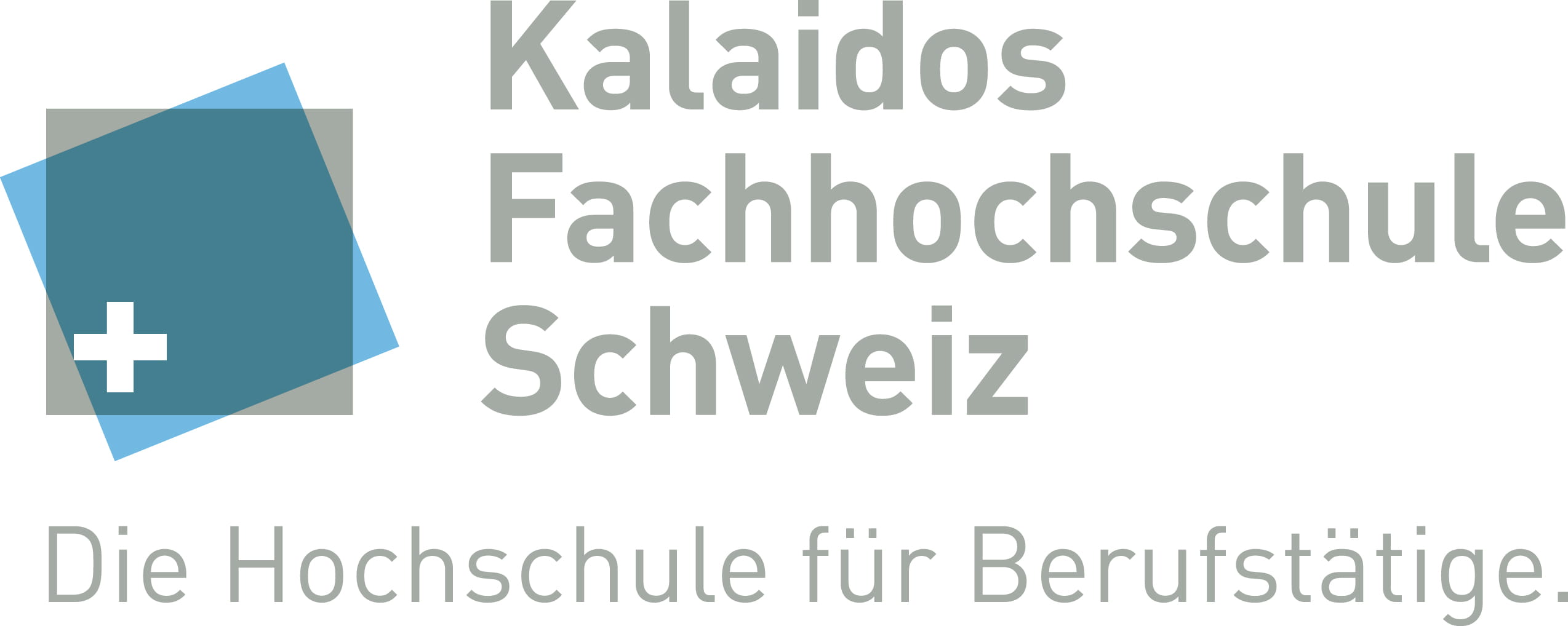Double-Duty Caregiving
Die Doppelrolle im Fokus: Wenn Gesundheitsfachpersonen im Privatleben auch noch Angehörige betreuen.
Ausgangslage
Gesundheitsfachpersonen engagieren sich häufiger als andere Berufsgruppen für ihre kranken, behinderten oder betagten Angehörigen. Dies zeigen Betriebsumfragen von Careum Forschung und die internationale Forschungsliteratur. Ein Grund dafür ist, dass Gesundheitsfachpersonen für ihre Angehörigen spezifisches Fachwissen bereithalten. Dies kann hilfreich, aber auch beunruhigend sein, zum Beispiel bei Hintergrundwissen zur Krankheitsprognose. Die Doppelrolle wird international als «Double-Duty Caregiving» bezeichnet. Dies bedeutet, dass sich Gesundheitsfachpersonen beruflich und privat für pflegebedürftige Personen engagieren.
Über die Verschränkungen dieses beruflichen und privaten Engagements ist bislang wenig bekannt. So ist unklar, wie viele Gesundheitsfachleute in der Schweiz in der skizzierten Doppelrolle sind. Auch die Konsequenzen für das Privat- und Berufsleben sind bisher kaum erforscht. Gelingt die Vereinbarkeit von Erwerbstätigkeit und Angehörigenpflege nicht, droht möglicherweise der vorzeitige Berufsausstieg. Vor dem Hintergrund des prognostizierten Fachkräftemangels im Gesundheitswesen sind die Betriebe deshalb gefordert, sich dem Thema Vereinbarkeit zu stellen.
Projekt
Das Projekt zielt auf folgende Effekte im Gesundheitswesen ab:
- durch höhere Motivation und Leistungsbereitschaft steigern die Mitarbeitenden die Versorgungsqualität
- durch verringerte Personalfluktuation werden steigende Arbeitskosten vermieden und der drohende Fachkräftemangel entschärft
- durch das bessere Image des Betriebs steigert sich die Attraktivität auf dem Arbeitsmarkt
Im Rahmen des Forschungsprojekts werden in einem ersten Schritt Interviews mit betroffenen Gesundheitsfachpersonen geführt, um die Doppelrolle besser zu verstehen. Im zweiten Schritt wird das Ausmass mit der «Double-Duty Caregiving Scale» untersucht, die kanadische Forschende der University of Western Ontario zur Verfügung stellen. Basierend auf den Ergebnissen wird zusammen mit Betrieben ein Transferkonzept erarbeitet, das gute Anwendungen in der Praxis ermöglicht.
Praxispartner
- CURAVIVA
- Pflegezentren der Stadt Zürich
- Sanatorium Kilchberg
- SBK Sektion Zürich/Glarus/Schaffhausen
- Spitex Zürich Limmat
- Spitex Stiftung Alterswohnungen der Stadt Zürich
- Spital Uster
Laufzeit
Juli 2015–Dezember 2017
Drittmittel
- Stiftung Pflegewissenschaft Schweiz, Basel
- Gesundheits- und Umweltdepartement der Stadt Zürich
- Fachstelle für Gleichstellung von Frau und Mann Kanton Zürich





